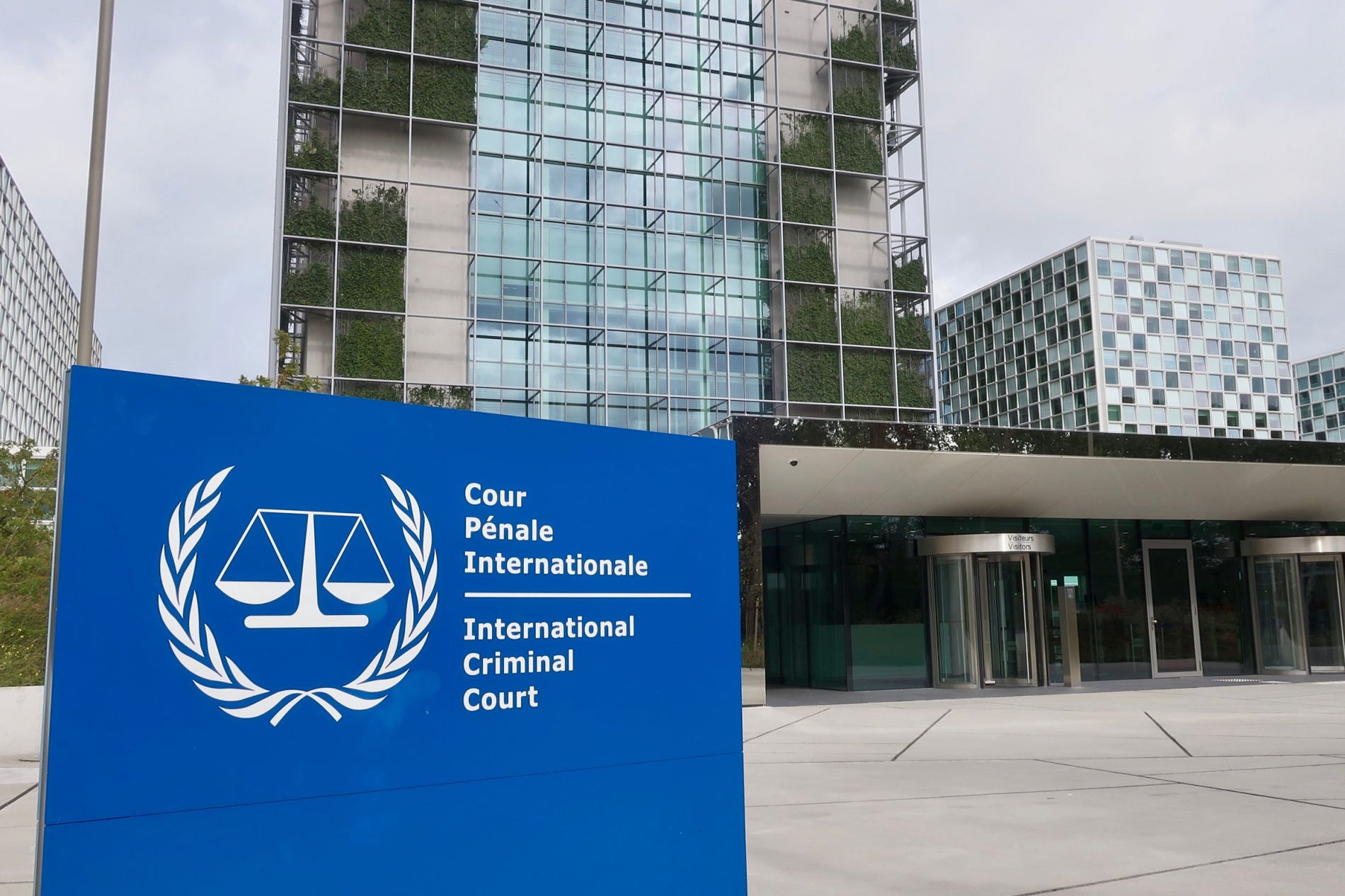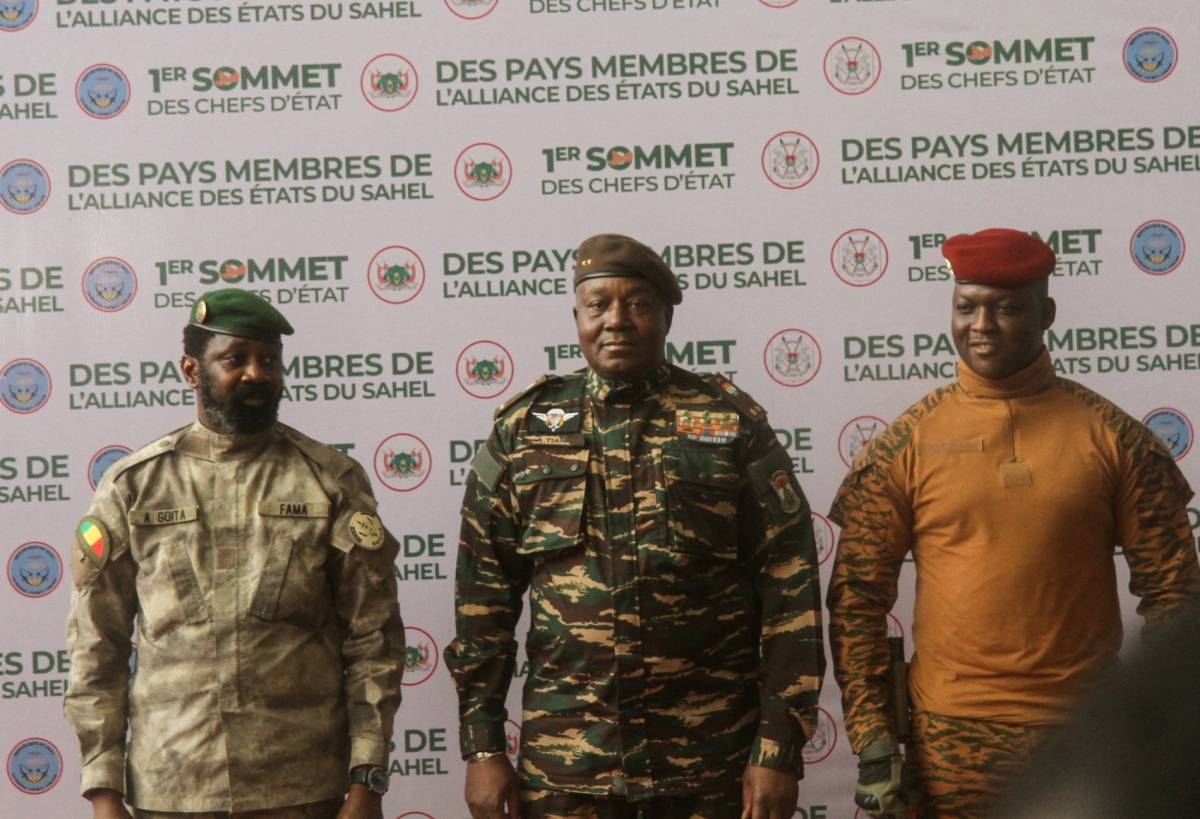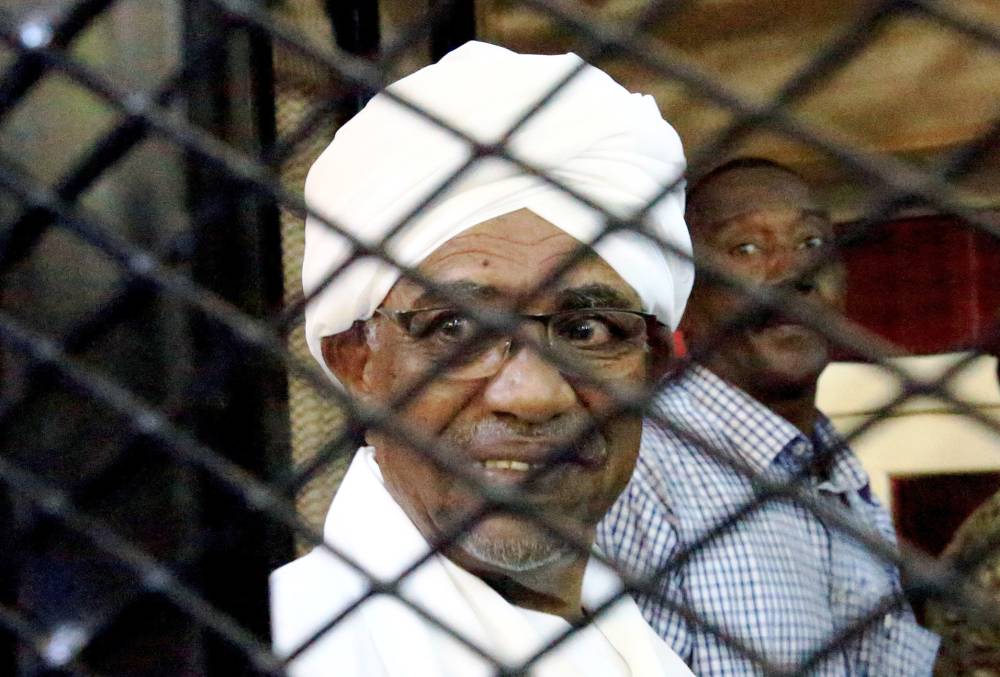Three African states in which army commanders have overthrown governments in the past four years have jointly announced their decision to withdraw from the Rome Statute, which established the International Criminal Court (ICC).
The Sahel States Alliance (SSA)—comprising Mali, Burkina Faso and Niger—said on 22 September that the court had “become an instrument of neo-colonial pressure in the hands of imperialism, serving as a global example of selective justice”. It said the court had “failed to prosecute proven war crimes, crimes against humanity, acts of genocide, and aggression”.
The significance of the decision extends far beyond the Sahel. Marking a rupture within the system of international justice, some think it signals the gradual collapse of that system and its institutions, with the ICC at its heart. The norms of international law are no longer seen as universal, while the legitimacy of international legal institutions is now being openly challenged.
Birth pangs
The ICC was finally approved at a UN conference in Rome on 17 July 1998, when 120 states voted to adopt the Rome Statute. The call for a permanent court had been made a decade earlier. The Statute was conceived as a “guarantee that the gravest crimes will not go unpunished”. There would be no statute of limitations, meaning no time limit for filing charges against someone; however, the Statute would only be applied to the territories of signatory states, thereby limiting its universality.

Among those to vote against it were China, India, the United Arab Emirates, Saudi Arabia, Iran, and Türkiye. Opponents saw the court as a threat to sovereignty, arguing that it would become politicised. Russia, the United States, and Israel all signed the Statute but declined to ratify it, effectively rejecting the Court’s jurisdiction.
After 60 states ratified the Rome Statute, the ICC officially began operations from its headquarters in The Hague, Netherlands, on 1 July 2002. Judges were selected according to criteria including qualification, representation of different legal systems, geographic representation, and gender equality. The ICC is funded by member states, and its 2025 budget was around $190mn. More than a third of its budget is paid for by Japan, Germany, and the UK.
The court’s role is to deliver justice for some of the worst offences, such as genocide and crimes against humanity. By contrast, the International Court of Justice (ICJ) was limited to settling disputes between states. The ICJ was established decades earlier, in 1945, alongside the UN Charter.
Inherited problems
The decision to establish the ICC—a permanent body with global jurisdiction—came after the ad hoc international tribunals set up by the UN Security Council to prosecute crimes in the former Yugoslavia in 1993 and in Rwanda in 1994. Yet the ICC inherited the same problems of selective punishment, susceptibility to political influence, bureaucracy, and poor communication with local populations, including victims.















